Watering house plants with liquid from cooking
ryseryse_2004
11 years ago
Related Stories

GARDENING AND LANDSCAPINGReflecting Pools as Liquid Assets
Mirroring the sky and the earth, reflecting pools and ponds heighten the sensory experience of nature in your landscape
Full Story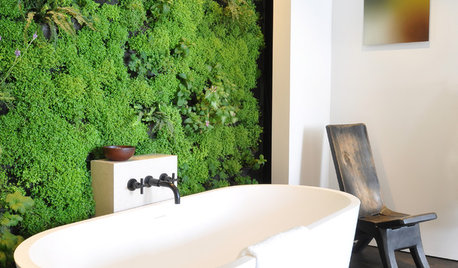
HEALTHY HOMEHow to Keep Water Vapor From Ruining Your House and Your Health
We help you find out when it’s happening, what it means and how to fix it
Full Story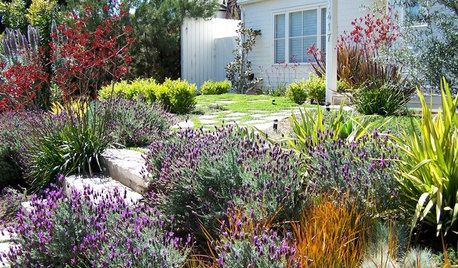
SAVING WATERGreat Plants for Lush, Low-Water Gardens
Water restrictions making your garden look washed out? Give it living color with unthirsty grasses, flowers and succulents
Full Story
HEALTHY HOMEHow to Choose a Home Water Filtering System
Learn which water purification method is best for your house, from pitchers to whole-house setups
Full Story
HOUSEKEEPINGHow to Remove Water Rings From Wood Tables
You may be surprised by some of these ideas for removing cloudy white water marks from wood surfaces
Full Story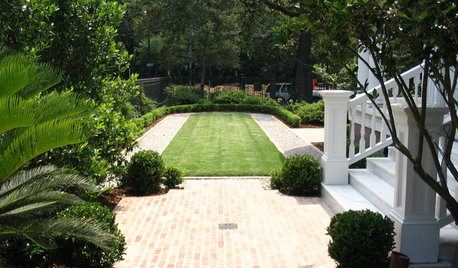
GARDENING GUIDESHow to Plant a New Lawn From Sod
Take the quick-start route to turf with sod; these installation guidelines will help ensure a healthy and long-lasting lawn
Full Story
SELLING YOUR HOUSEA Moving Diary: Lessons From Selling My Home
After 79 days of home cleaning, staging and — at last — selling, a mom comes away with a top must-do for her next abode
Full Story
FEEL-GOOD HOMEWhat Really Makes Us Happy at Home? Find Out From a New Houzz Survey
Great design has a powerful impact on our happiness in our homes. So do good cooking smells, family conversations and, yes, big-screen TVs
Full Story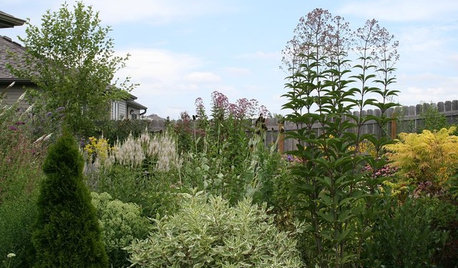
GARDENING FOR BUTTERFLIESGreat Design Plants: A Bevy of Beauties from the Meadow
Draw butterflies, birds and bees to the garden year-round with these low-maintenance Eupatorium varieties
Full Story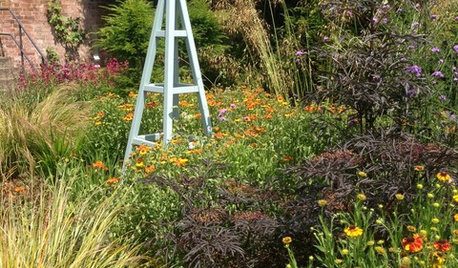
PLANTING IDEASModern Planting Ideas From a Historic English Garden
Low-maintenance, climate-fitting plants are just the beginning of the good things in this bishop’s updated garden
Full Story





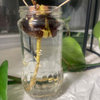
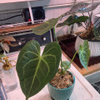
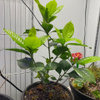
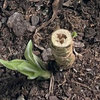
tapla (mid-Michigan, USDA z5b-6a)
Tiffany, purpleinopp Z8b Opp, AL
Related Professionals
Clermont Landscape Contractors · Norwood Landscape Contractors · Anderson Landscape Contractors · Bainbridge Island Landscape Contractors · Bound Brook Landscape Contractors · College Park Landscape Contractors · Fort Atkinson Landscape Contractors · Lady Lake Landscape Contractors · Medford Landscape Contractors · Porterville Landscape Contractors · San Rafael Landscape Contractors · Smyrna Landscape Contractors · St. Louis Landscape Contractors · Stallings Landscape Contractors · New Carrollton Landscape ContractorsSarah1502
Tiffany, purpleinopp Z8b Opp, AL
dellis326 (Danny)
VGtar
tapla (mid-Michigan, USDA z5b-6a)